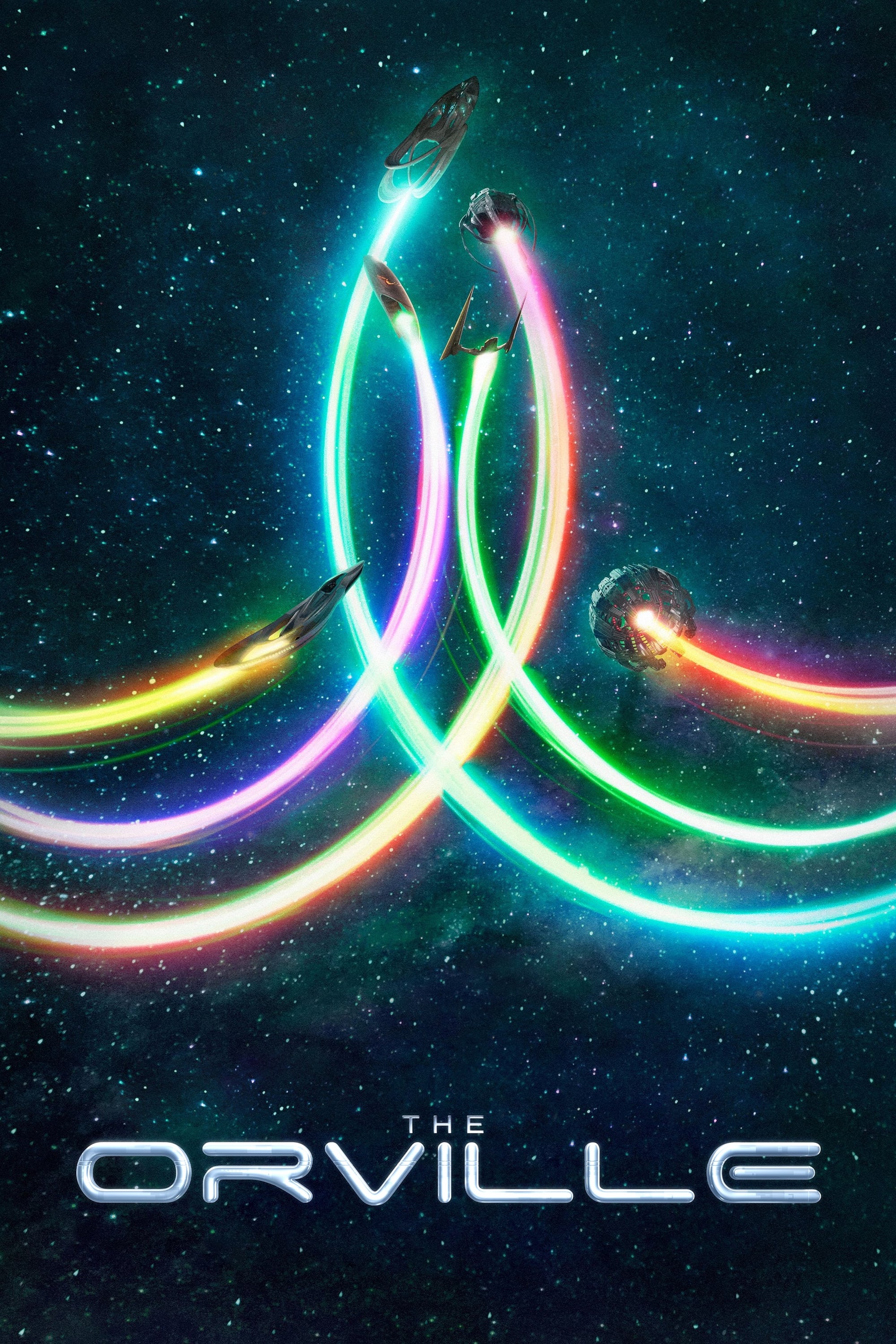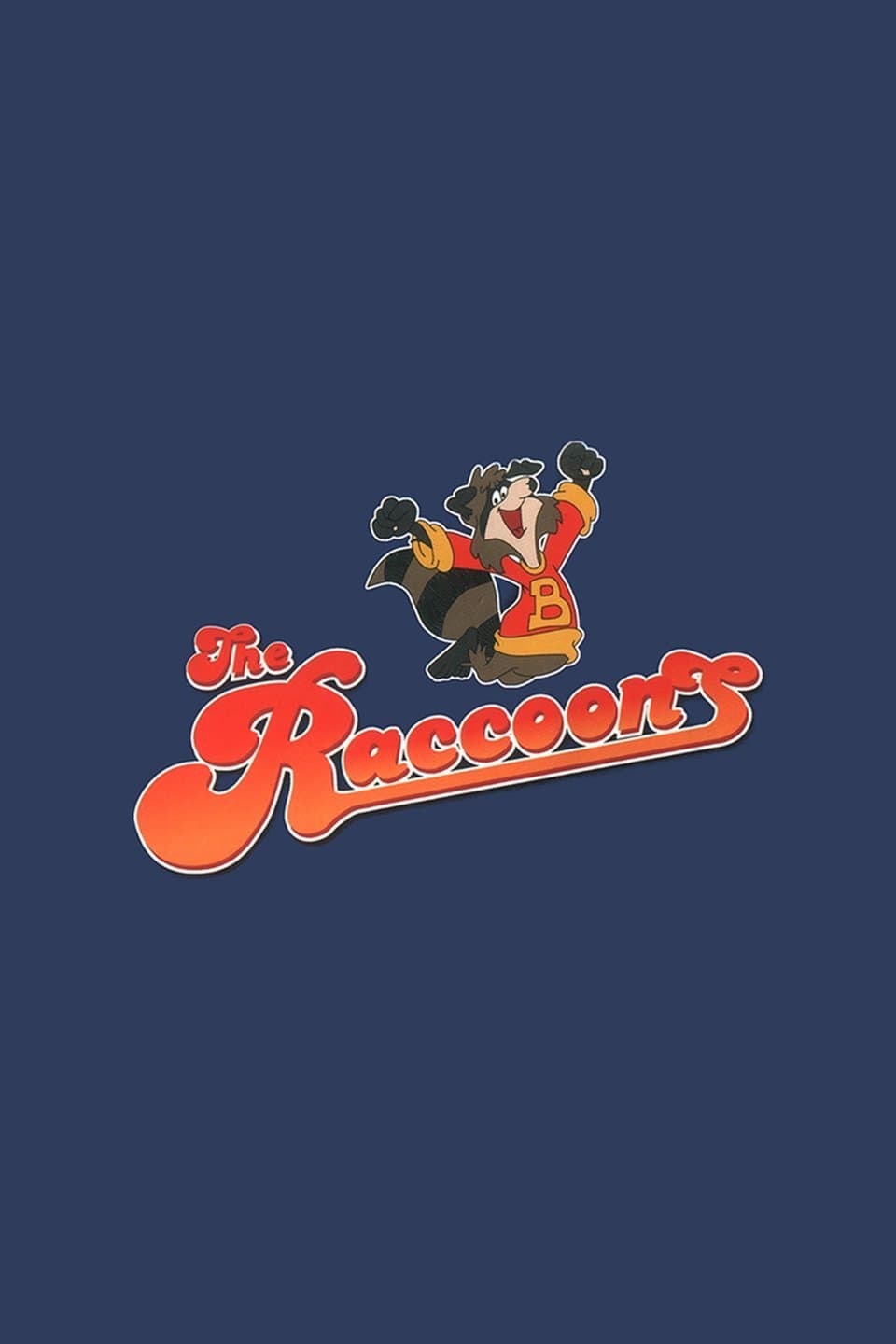
Tony Visconti – Apollo 80 (2024)
FLAC (tracks) 24 bit/88,2 kHz | Time – 44:47 minutes | 882 MB | Genre: Rock
Studio Masters, Official Digital Download | Front Cover | © Tony Visconti Productions
Anthony Edward Visconti (born April 24, 1944) is an American record producer, musician and singer. Since the late 1960s, he has worked with an array of performers. His first hit single was T. Rex’s “Ride a White Swan” in 1970, the first of many hits in collaboration with Marc Bolan. Visconti’s lengthiest involvement was with David Bowie: intermittently from the production and arrangement of Bowie’s 1968 single “In the Heat of the Morning” / “London Bye Ta-Ta” to his final album Blackstar in 2016, Visconti produced and occasionally performed on many of Bowie’s albums.[4] Visconti’s work on Blackstar was awarded the Grammy Award for Best Engineered Album, Non-Classical and his production of Angelique Kidjo’s Djin Djin received the Grammy Award for Best Contemporary World Music Album.
Read more
The Sweet Peach Band – A Conversation With… (2024)
FLAC (tracks) 24 bit/44,1 kHz | Time – 39:10 minutes | 456 MB | Genre: Blues
Studio Masters, Official Digital Download | Front Cover | © Peach Records
The Sweet Peach Band released album A Conversation With… on label Peach Records. Released on: 2024-04-22
Read more
Sisters Of Invention & Bohuslän Big Band – En Rymd av Färg (2024)
FLAC (tracks) 24 bit/44,1 kHz | Time – 46:31 minutes | 542 MB | Genre: Jazz
Studio Masters, Official Digital Download | Front Cover | © Prophone Records
“En Rymd av Färg” is well-written and ditto arranged jazz music in the larger format with nice themes and sounds, fantastic performances and a voice “to die for”. The songs were written with the big band members in mind. It is noticeable in the end result which is really good, modern big band music with sterling solos by, among others, Alberto Pinton on baritone saxophone, Christer Olofsson on trombone, magnificent Stefan Wingefors on piano and not least Karolina’s sharpened soprano saxophone. More of this in the future thanks!” (Andreas Backelund LIRA)
Read more




































